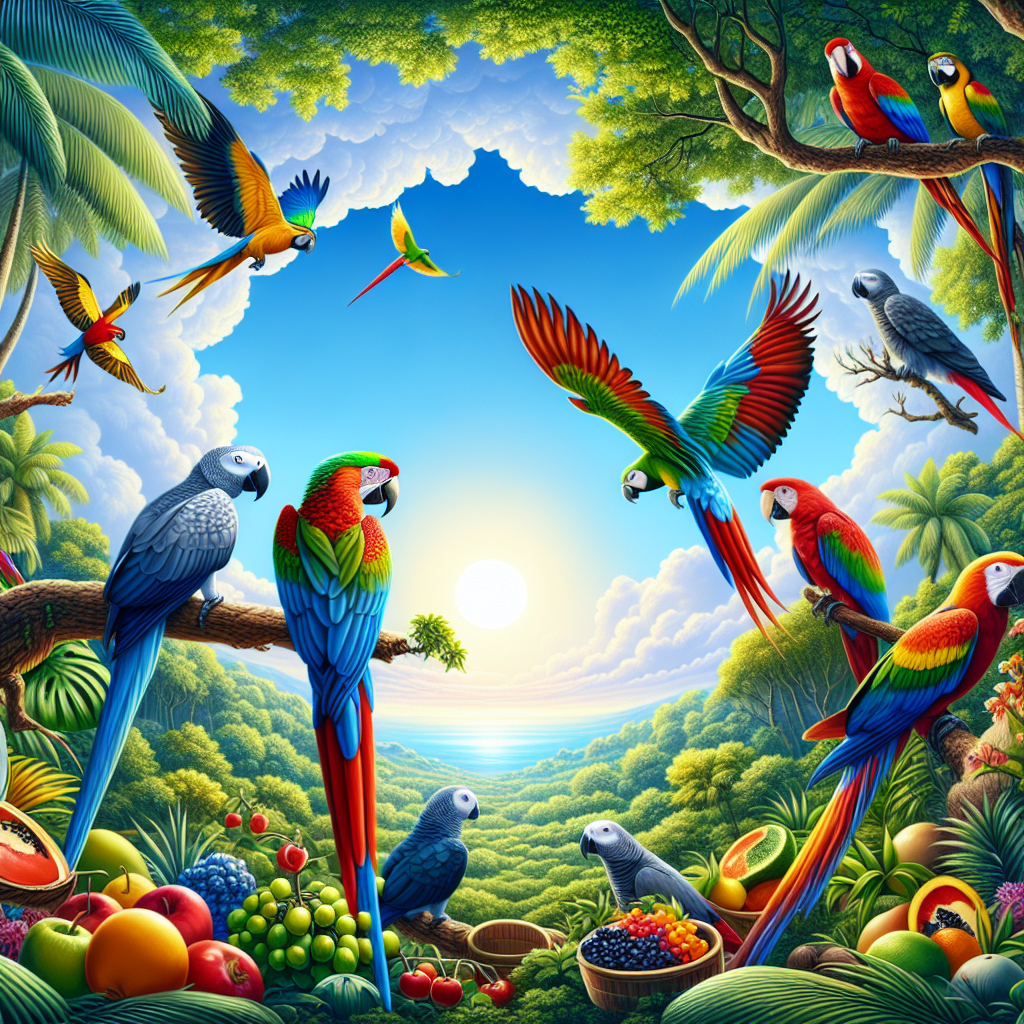Parrot Farming: A Double-Edged Sword in Conservation Efforts
Parrot farming has seen rapid growth, primarily for the pet trade. The practices raise concerns about conservation, legality, and economy. A study reviews the impact of such farming on parrots and proposes measures to prevent illegal and unsustainable trade, emphasizing the need for informed regulation and alternative conservation strategies.

- Country:
- United Kingdom
Oxford and Rowan O. Martin from the University of Cape Town report that while parrots have been longtime companions to humans, they're now facing alarming rates of extinction. Among the endangered species is the African grey parrot, witnessing a massive decline in its wild population across parts of Africa.
South Africa emerges as a leading exporter of parrots, capitalizing on the increasing demand in regions like the Middle East and South Asia. However, the rapid growth of commercial parrot farming raises questions about its regulation and impact on wild populations.
Researchers propose that successful conservation should involve more than just breeding programs. Effective law enforcement, reduced consumer demand, and supportive alternative livelihoods are key to ensuring the survival of these captivating birds.
(With inputs from agencies.)










